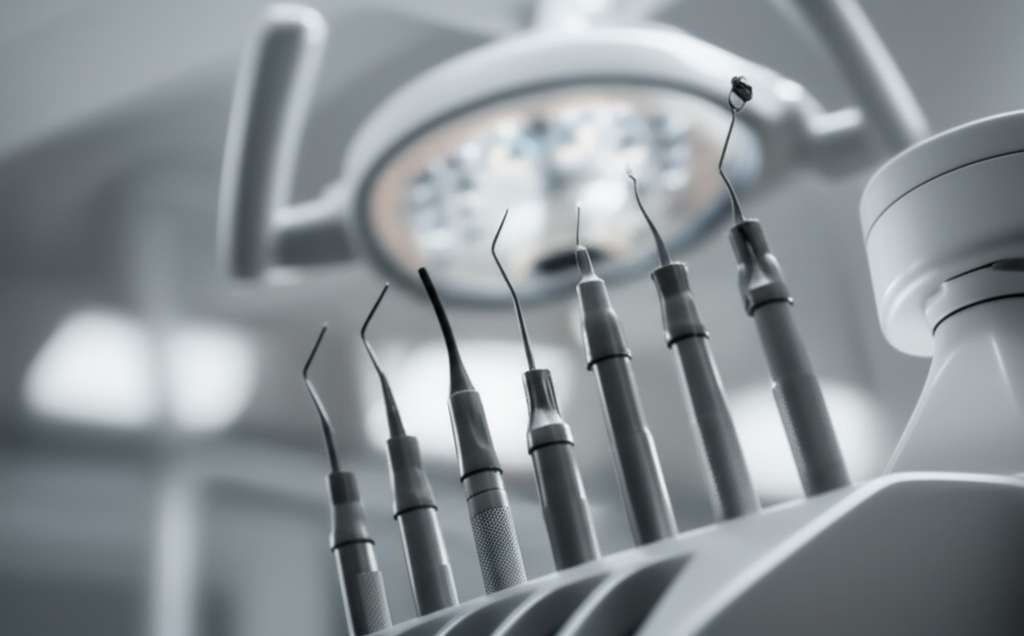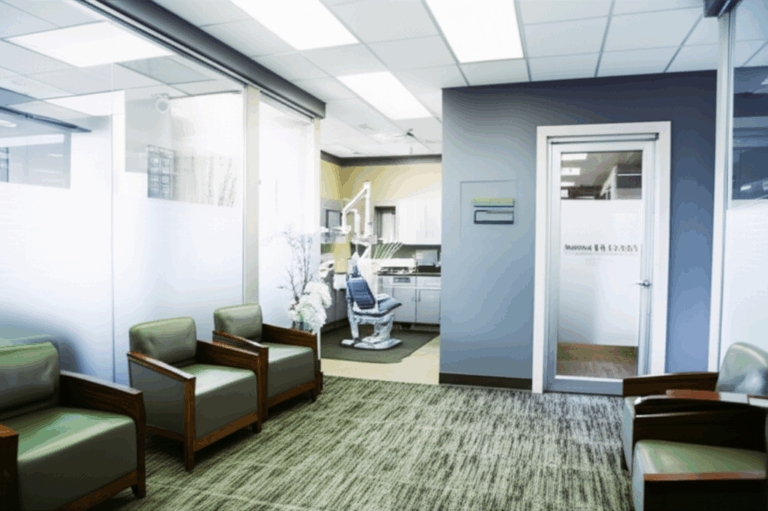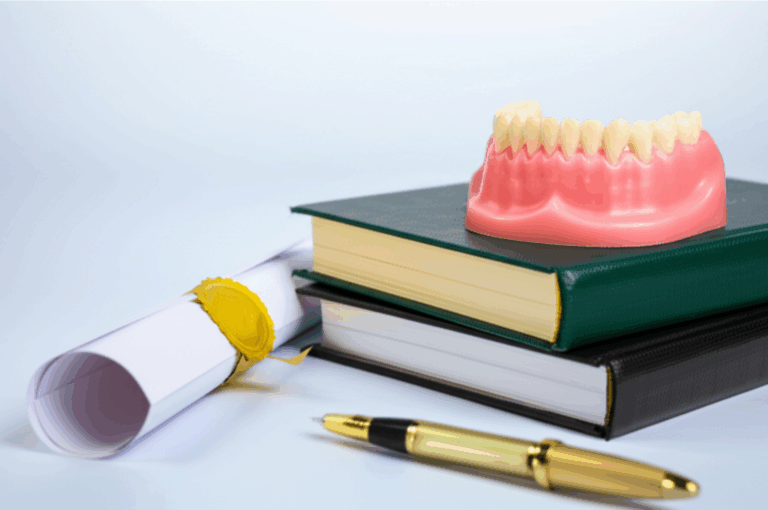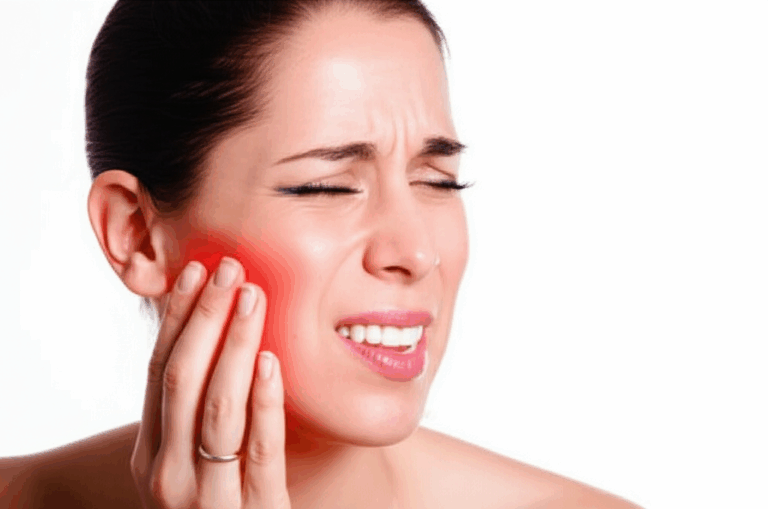
What Is the Phobia of Dentists Called? Understanding and Overcoming Dentophobia
Summary:
Are you scared of going to the dentist? If so, you’re far from alone. Millions of people everywhere feel worried, stressed, or even terrified when they think about seeing the dentist. This fear has a name: dentophobia (sometimes called odontophobia). In this article, I’ll explain what dentophobia really is, why it happens, what it feels like, and—most importantly—how you can get past it. Whether you’re worried about pain, hate the sound of the drill, or haven’t seen a dentist in years, there is hope. Read on for friendly tips, real solutions, and a gentle way to get the healthy smile you deserve.
Table of Contents
1. Introduction: Why Are People Afraid of Dentists?
Have you ever felt sick to your stomach just thinking about sitting in a dentist’s chair? You’re not the only one. In fact, dentophobia is more common than most people think. Some people get sweaty hands, some feel sick, and others just don’t go at all—sometimes for years.
This problem is real, and it can make life harder than it should be. Cavities, gum problems, and even losing teeth can happen if you avoid the dentist too long. The good news? This fear doesn’t have to rule your life. With some help, kind care, and the right mindset, anyone can face their fear and feel good about their smile again.
2. What Is Dentophobia (Odontophobia)?
Dentophobia (also called odontophobia) is a special kind of fear—which means it’s a strong, often hard-to-explain fear of one thing: the dentist or any dental treatment.
If you have dentophobia, just thinking about a dental office, a dentist, or even some of the tools can make you nervous or panic. Many people with dentophobia will skip dental care, which causes bigger problems later.
Some common things that trigger dentophobia:
- The smell of a dental office
- The sound of dental drills
- Seeing needles or dental tools
- Lying back in the chair
Working in dentistry myself, I have seen how deep this fear can go for people young and old. Even kind words, relaxing music, or pain-free equipment might not help if the fear is strong.
3. Dental Anxiety vs. Dental Phobia: What’s the Difference?
Let’s make something clear—not all fear of dentists is a phobia. There’s a big difference between feeling a little nervous before an appointment and being so scared that you can’t even make the call.
Dental Anxiety is:
- Feeling nervous before a dental visit
- Worrying about pain, bad news, or getting embarrassed
- Feelings you can control that don’t stop you from getting help
Dentophobia is:
- A really strong, hard-to-handle fear of dentists or dental care
- Makes you skip or avoid dental appointments
- Can cause real body feelings like racing heart, sweating, or panic attacks
Think of dental anxiety as butterflies in your stomach. Dentophobia feels more like a stampede of wild horses running through you.
4. Why Does Dentophobia Happen?
It’s normal to ask, “Why am I so scared of the dentist?” The answer isn’t always simple. Different people get dentophobia for different reasons.
Bad Past Experiences:
Most dentophobia starts after a painful or scary dental visit as a child or even as an adult. One tough time sticks with you.
Fear of Pain:
Nobody likes pain. Even though today’s dentistry hurts much less, the fear can still hang around.
Feeling Out of Control:
Lying back in the chair with your mouth open can make you feel like you aren’t in charge. Many people dislike feeling powerless.
Specific Fears:
Some people fear:
- Needles (this is called trypanophobia)
- Drills and Sounds—the high-pitched noise can really bother some people
- Gagging or Choking—worry about swallowing or having something stuck in your throat
Feeling Embarrassed or Ashamed:
Have you skipped the dentist because you felt bad about your teeth or your breath? Many people avoid help out of embarrassment.
General Worry or Other Fears:
If you already have anxiety or another fear like small spaces (claustrophobia) or blood (hemophobia), the dentist’s office can seem even scarier.
Learning from Others:
Sometimes, we “catch” our fears from people around us. If your parents, friends, or brothers and sisters were afraid, you might take on their worries even if you never had a bad time at the dentist yourself.
5. What Are the Symptoms of Dentophobia?
Dentophobia can cause all kinds of feelings in both your mind and body. Here’s what people usually notice:
Body Symptoms:
- Sweaty hands and feet
- Shaking legs
- Fast beating heart
- Shortness of breath
- Feeling dizzy or lightheaded
- Feeling sick to your stomach
- Tight muscles
- Crying or panic attacks
Emotions and Thoughts:
- Strong fear or dread before a visit
- Feeling helpless or stuck in the chair
- Being super nervous, sometimes days before the appointment
Actions:
- Making up reasons to skip appointments
- Canceling right before you’re supposed to go
- Staying away from the dentist for a long time
- Not sleeping the night before a visit
Here’s a simple table:
| Symptom Type | Common Symptoms |
|---|---|
| Body | Sweating, fast heart, nausea, shakes, crying |
| Emotion/Thought | Dread, panic, helplessness, fear, worry |
| Actions | Skipping, canceling, avoiding, loss of sleep |
6. What Can Happen If You Avoid the Dentist?
Let’s get real. Avoiding the dentist can feel easier for a little while—but it can lead to bigger problems.
Your Teeth and Gums Suffer:
Without check-ups and cleanings, you can get:
- Cavities—little problems can turn into big, painful ones
- Gum disease—this can make your teeth come loose
- Tooth loss—yes, you really can lose teeth if small problems aren’t fixed
Your Whole Body Can Get Sick:
Bad teeth and gums are linked to:
- Heart disease
- Trouble if you have diabetes
- Infections that can harm other parts of your body
Life Gets Harder:
Skipping the dentist can:
- Make you lose confidence
- Make eating certain foods hard (crunchy veggies, steak)
- Affect how you talk and spend time with others
I know people who skipped the dentist for years. When they finally went, they needed much more work—sometimes even dentures—because simple problems got much worse.
7. What Treatments Can Help with Dentophobia?
You don’t have to do this alone. There are lots of ways to beat dentophobia—and your dentist can be your helper.
Talk It Out:
Tell your dentist exactly what scares you. A good dentist will listen, care, and help you feel calm.
Cognitive Behavioral Therapy (CBT):
This is a kind of talk help where you learn to “train your mind.” Studies show that 70-80% of people with dental fear get better after CBT.
Exposure Therapy:
Step by step, you face what scares you, starting with small visits and moving up, with the dentist’s support.
Ways to Relax and Distract Yourself:
- Deep breathing or meditation
- Soft music or audiobooks
- Bringing a friend
- Squeezing a stress ball or holding something comforting
Sedation Dentistry:
For big fears, your team might suggest:
- Nitrous oxide (laughing gas) for a gentle, relaxed feeling
- Oral sedation (pills) to make you sleepy and calm
- IV sedation for stronger relaxation
- General anesthesia (deep sleep)—only for very tough cases
If you want to know about new comfort tricks, see how a digital dental lab can help make visits shorter, more accurate, and less scary!
8. How to Talk to Your Dentist About Your Fear
It might feel awkward to talk about being scared. But remember, dental teams see nervous patients all the time.
How to share:
- Be Honest: Tell your dentist and the staff how you feel before you start.
- Ask for Breaks: It’s always OK to raise your hand and ask to stop for a moment.
- Work with Your Team: Your office wants you to do well. They might use extra-numbing gel, go slower, or let you bring something that helps you relax.
- The More You Share, the More They Can Help
Some places have made their offices super friendly—with calm colors, soft blankets, and peaceful sounds. You might also look for a dental ceramics lab that uses gentle and new methods.
9. What If Your Child Has Dentophobia?
Dentophobia can start in kids. If your child is afraid of the dentist, gentle help now can teach them to be brave as they grow.
What Can Parents Do?
- Use Friendly Words: Don’t say “needle,” “shot,” or “pain.”
- Play Dentist at Home: Show sunglasses, a mirror, and a toothbrush.
- Pick the Right Clinic: Kids’ dental offices are great at making nervous kids feel safe.
- Bring Comfort Items: Let them hang on to a stuffed animal or listen to a favorite song.
Celebrate Every Step:
Even small wins—like sitting in the chair for a minute—are a big deal. Being brave grows with little steps and praise.
10. Choosing the Right Dental Team for You
Not every dental office is the same. Some love working with scared patients or those with special fears.
What should you look for?
- Patient-Focused Care: Find a team that listens, doesn’t rush you, and explains things clearly.
- Modern Tools: Top offices use tools that are quieter, faster, and less uncomfortable.
- Kindness: Go with people you trust.
- Flexible Appointments: Short, more often visits can be better for nervous patients.
A caring removable denture lab can also make custom-made dentures, making dental visits less scary and more comfy.
11. Can You Really Overcome Dentophobia?
Yes, you can! Dentophobia doesn’t last forever. With help from your dentist, support from people you trust, and a plan that works for you, you CAN beat dental fear.
Real Story:
A patient named Sarah* (made up name) stayed away from the dentist for over ten years because of a bad childhood memory. She needed lots of work but was really scared. With gentle care, CBT, and laughing gas, she finished her treatment bit by bit. Now she enjoys her dental visits and loves her healthy smile.
If Sarah can do it, you can too.
12. Frequently Asked Questions
What is dentophobia?
Dentophobia is a strong and hard-to-control fear of dentists, dental work, or even the dentist’s office.
Is dentophobia common?
Yes! Around 36% of people feel worried at the dentist, and up to 15% have a big phobia.
What causes dentophobia?
It’s usually from a bad or painful memory, fear of pain or needles, or learning the fear from someone else.
Can a dentist really help with my fear?
Yes. Today’s dental staff are ready to help worried patients. Using sedation, gentle tools, and special plans makes a big difference.
Will my teeth get better if I avoid the dentist?
No. Dental problems mostly get worse—not better—if you skip your check-ups.
13. Main Points to Remember
- Dentophobia is a real, treatable fear—not just being nervous.
- Common causes: bad memories, pain, loss of control, shame.
- Symptoms can be body, mind, or actions (like skipping appointments).
- Avoiding care causes bigger health problems.
- CBT, sedation, and open talk help even the most worried patients.
- Good dentists want to help—not judge or hurry you.
- You can beat dentophobia—one small step at a time.
Your smile is worth it. Don’t let fear keep you from your healthiest, happiest life.
Article checked by Dr. Joe Dental, DMD—Expert in Patient-Centered Dental Care
References:
- British Dental Association. Dental anxiety: what it is and how to treat it. British Dental Journal.
- Journal of Public Health Dentistry. Humphris, G. M., & King, K.
- Journal of Consulting and Clinical Psychology. Klaassen, T., & van der Does, W. A. J.
- American Dental Association. Oral Health Topics.
- Dr. Joe Dental, DMD – Patient-Centered Dental Care Expert
If you want gentle, caring dental work from people who get what you’re going through, check out services from a china dental lab, crown and bridge lab, or other special labs that can make your dental care easier and more comfortable!








